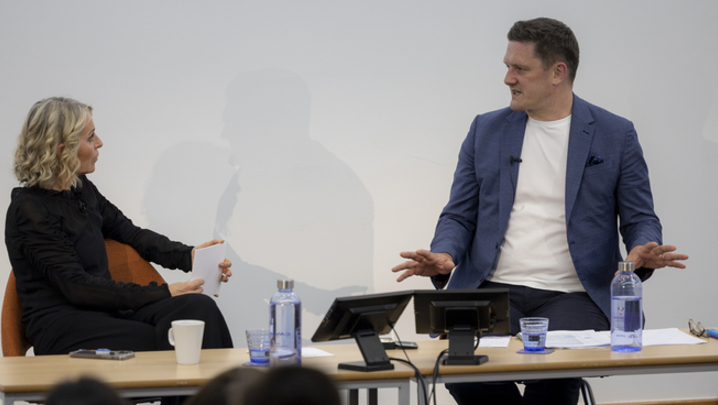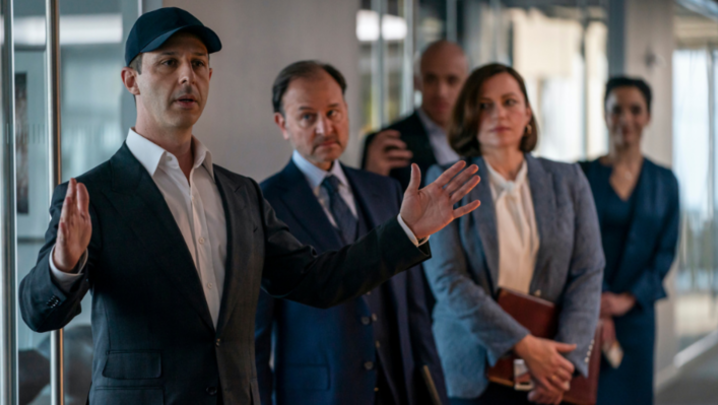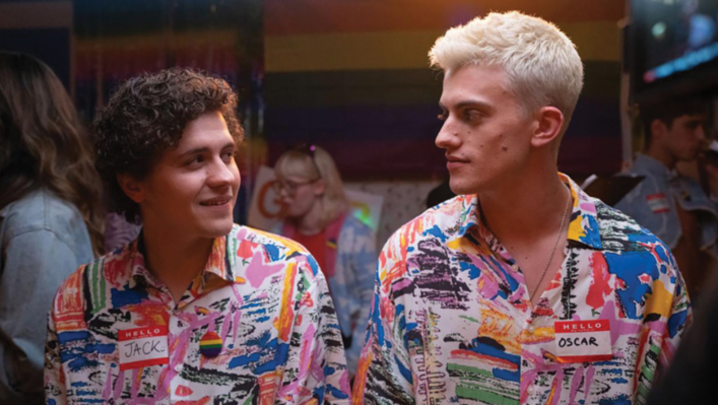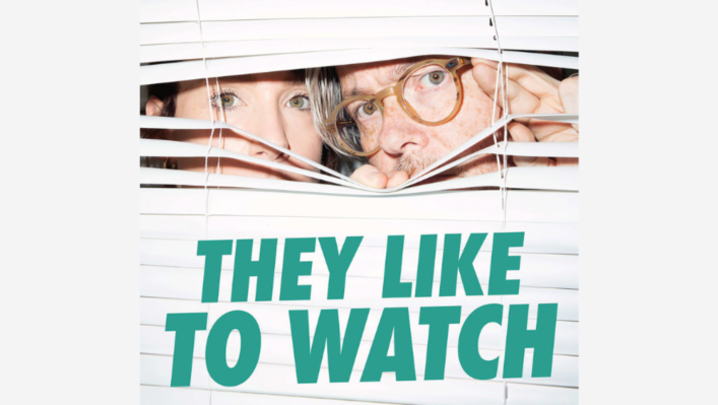Simon Shaps says that those attempting to identify the real Roys in Succession are missing the point.
The guessing game about HBO’s Succession takes off towards the end of the first episode, as the capo dei capi, media tycoon Logan Roy (played by Brian Cox), suffers a suspected brain haemorrhage. It seems the succession will be a simple coronation.
His son, Kendall Roy, has been handpicked to take control of Waystar Royco, the giant “entertainment, news and resorts” conglomerate that Logan founded. The first episode establishes Kendall’s impeccable credentials, as he is seen acquiring a Myspace-style venture for Waystar run by a CEO who is not exactly biting his hand off to accept his offer of $125 a share.
“I am not letting you Neanderthals rape my company,” the CEO tells Kendall. “Fuck you, Daddy’s boy.” The due diligence on this acquisition presumably went swimmingly.
Gradually, however, it becomes clear that Logan Roy is going nowhere, certainly not to his grave, or even a prolonged period in intensive care.
He is defiantly not Viacom boss Sumner Redstone, hanging on to life but no longer in control of his empire. Shiv, the only daughter among the Roy offspring jockeying for position at the top of Waystar, is also definitely not Shari Redstone, Sumner’s daughter.
So, if the Roys are not the Redstones, perhaps they are the Comcast dynasty, the Roberts? Or could they be, as some who know the family well suggest, the Scotts – as in Ridley Scott and the late Tony Scott and their offspring?
Or are they the Sulzberger clan of The New York Times? But surely the whole thing is a dark satire on the Murdochs?
The guessing game is certainly a fun spectator sport, but it misses the point. The genius of Succession is that it is brilliantly and defiantly not based on a true story, with all of the constraints that would require.
In this sense, it is the half brother – not quite family, but sometimes close – of the shows based on the demise of Fox News founder and predatory monster Roger Ailes. These depict Murdochs who are unmistakably Murdochs, even if they are played by actors as eccentrically cast as Simon McBurney and Malcolm McDowell: McBurney plays Rupert Murdoch in the Showtime limited series The Loudest Voice, and McDowell plays the part in the movie Bombshell.
One of the many benefits of not attempting to depict the real Murdochs or Redstones is that it allows the writers free rein – and some of the most vicious, delicious dialogue on television.
In the same way that nobody in the White House, not even a fully charged, revved-up Barack Obama, could ever match the wit and rapid-fire repartee of Aaron Sorkin’s politicos in The West Wing, no media tycoon of the past 50 years has talked like any of the Roys.
‘This is black comedy, laced with the best of American mob drama’
None of the media dynasties has produced a creature so comically reptilian as Matthew Macfadyen’s Tom Wambsgans, Logan Roy’s son-in-law, who is given the drama’s ultimate hospital pass.
Obsequious, insecure, cuckolded, nakedly ambitious, “the cunt of Monte Cristo”, as the brattish Roman Roy calls him, Wambsgans is the man who handles the cover-up of dark deeds in Waystar’s cruise business.
The scandal threatens to derail the entire company and ends up with Logan Roy forced into a public mea culpa, reminiscent of Rupert Murdoch’s apology for phone hacking by his tabloid newspapers.
Wambsgans is, at least, allowed one of the second series’ best lines: “You don’t hear very much about syphilis these days. Very much the Myspace of STDs.”
There are no equivalents to the gangly, permanently bemused Greg Hirsch, “the world’s tallest dwarf”, who, as Logan’s great-nephew, ends up playing a key role in the scandal Wambsgans tries to suppress. Or Roman, the foulest of all the foul-mouthed Roys, and the one who inexplicably is often closest to the truth.
This is black comedy, laced with the best of US mob drama. Imagine Netflix’s The Irishman with more laughs, more psychological depth and fewer bodies in the wood shredder.
So where does Succession come from and how did it get to be so good? Television drama about TV and media has a patchy history.
The best shows have been straight comedies: Episodes, 30 Rock, Drop the Dead Donkey, WIA, Aaron Sorkin’s Sports Night. The Hour, Abi Morgan’s Mad Men for 1950s British television news, ran for two series without catching fire.
This was despite a cast that included Romola Garai, Ben Whishaw, Dominic West, Julian Rhind-Tutt, Juliet Stevenson, Andrew Scott, Peter Capaldi and Tim Pigott-Smith.
More recently, Apple TV’s tent-pole series The Morning Show, feels like work in progress: the ultimate “package”, with a cast that includes Steve Carell, Jennifer Aniston and Reese Witherspoon. Its #MeToo storyline is bang on zeitgeist, but the show is bogged down by soapy plotting.
Compared with those two series, Succession is grown-up, mature, peak-era TV. People working in scripted television in the UK sometimes like to say that the Americans do it best. But the key creatives behind Succession are largely British: Jesse Armstrong, Tony Roche, Lucy Prebble, Georgia Pritchett.
Roche and Pritchett wrote for The Thick of It, and Armstrong, of course, co-created Peep Show, while Prebble’s most relevant writing credit is perhaps not Secret Diary of a Call Girl but the stage plays Enron, with its astonishing take on corporate malfeasance, and A Very Expensive Poison, on the killing of Alexander Litvinenko.
Different as these writers are, they all have in common a fearlessness about tackling big subjects and a fascination with the exercise of power, as well as an ear for profanity, the weaponised language of the entitled and powerful.
Oddly, the weakest episodes in the first two series of Succession are set in the UK. It is as outsiders, Brits writing about Americans in their own backyard, that they are able to take a wrecking ball to Waystar and the Roy family.
They have created a drama that explores how family dynamics play out at the highest levels of corporate life, with a cast of characters hewn from the same rock as Malcolm Tucker. True stories have much to recommend them, but Succession gratifyingly offers so much more.







